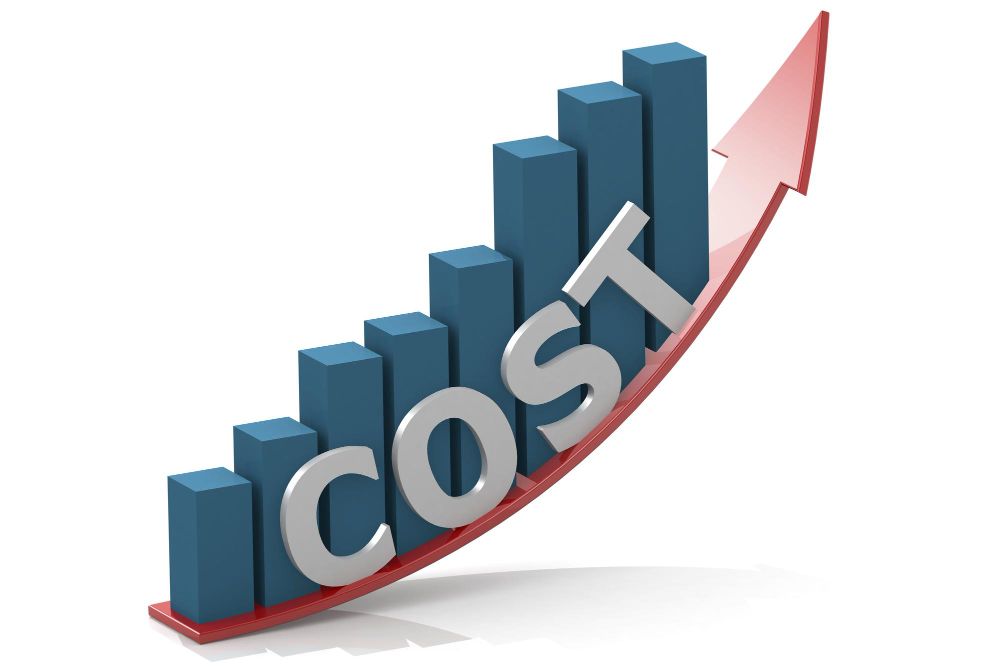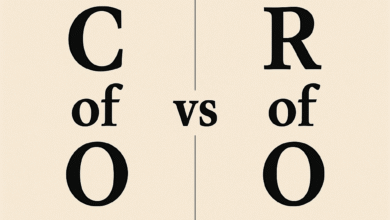How to Determine Your Land’s Value: Key Valuation Methods

Introduction to Land Valuation
Determining your land’s value can seem like navigating through a dense forest without a map. However, understanding the key valuation methods and utilizing tools such as land appraisals can illuminate the path to discovering your property’s true worth. Whether you’re considering selling your vacant lot, planning to develop it, or just curious about its value, this guide will walk you through essential steps and strategies to accurately evaluate your land.
Understanding the Basics of Land Appraisal
Land appraisal, a critical aspect of land valuation, involves assessing a piece of property to ascertain its worth. This process can be influenced by various factors, including the location, size, and zoning of the land. But before diving deeper into complex valuation methods, it’s crucial to grasp why land appraisal matters. Essentially, it provides a foundation for making informed decisions whether you’re buying, selling, or developing land.
The Role of Market Conditions in Valuing Land
Market conditions significantly impact land values. Factors such as the current demand for land, economic trends, and future development prospects in the area play a pivotal role. For instance, a vacant lot in a rapidly growing suburb might fetch a higher price than a similar-sized lot in a stagnant or declining area. Keeping an eye on market trends and understanding how they affect land values will give you a competitive edge in the property market.
Professional Valuation Methods
Comparative Market Analysis (CMA)
A Comparative Market Analysis (CMA) involves comparing your land to similar properties that have recently sold or are currently for sale in the same area. This method helps in understanding what buyers may be willing to pay for your land based on current market conditions.

The Income Approach
The Income Approach is particularly useful for land that generates or has the potential to generate income. This method calculates the land’s value based on the net income it produces or is expected to produce, making it a go-to strategy for investment properties.

The Cost Approach
The Cost Approach is based on the principle of substitution, where the land’s value is determined by estimating the cost to replace the property with a similar one. This method considers both the land’s purchase price and the cost to develop it to its current state.

DIY: How to Estimate Your Vacant Lot’s Value
- Research Recent Sales: Look for sales of similar properties in your area to get a ballpark figure.
- Consider Location and Zoning: Assess how the location, zoning, and potential use of your land can affect its value.
- Evaluate Land Characteristics: Factors such as the size, shape, and topography of your land can significantly impact its worth.
The Importance of Location and Land Characteristics
Location is often touted as the most critical factor in real estate valuation, and for a good reason. A prime location can exponentially increase land value. Similarly, land characteristics such as usability, accessibility, and the availability of utilities play a significant role in determining your property’s appeal and, subsequently, its value.
When and Why to Get a Professional Land Appraisal
There are scenarios where DIY valuation methods might not suffice, and a professional appraisal becomes imperative. These include legal matters, such as estate settlements or divorce proceedings, financing needs, or when the land’s characteristics present unique valuation challenges. A professional appraisal lends credibility to your land’s assessed value, providing peace of mind and a solid foundation for decision-making.
Conclusion
Determining your land’s value is a multifaceted process that requires a thorough understanding of various factors and valuation methods. While DIY techniques can offer a preliminary estimate, professional appraisals are crucial for specific situations, providing a detailed and accurate valuation. As you embark on this journey of valuation, remember that the more research and effort you put in, the clearer the picture of your land’s worth will become.
Call To Action
Ready to own your piece of the land? Explore our diverse range of land options today! Whether you’re looking for residential, commercial, or farm land, we have the perfect property waiting for you. Visit reapse.co now to find and purchase your ideal land plot!
Are you ready to get started with land acquisition today? Book a 20 minutes FREE Consultation today.
FAQs
Q: How often should I get my land appraised?
A: It’s wise to consider a professional appraisal every few years or when significant changes occur in the market or the property itself.
Q: Can improvements to the land increase its value?
A: Yes, improvements such as landscaping, adding utilities, or rezoning can enhance land value, but it’s essential to assess the cost versus the potential increase in value.
Q: Are there any online tools for land valuation?
A: Several online platforms offer tools and databases to help estimate land value, though they should be used as part of a broader valuation strategy and not as the sole basis for decision-making.




